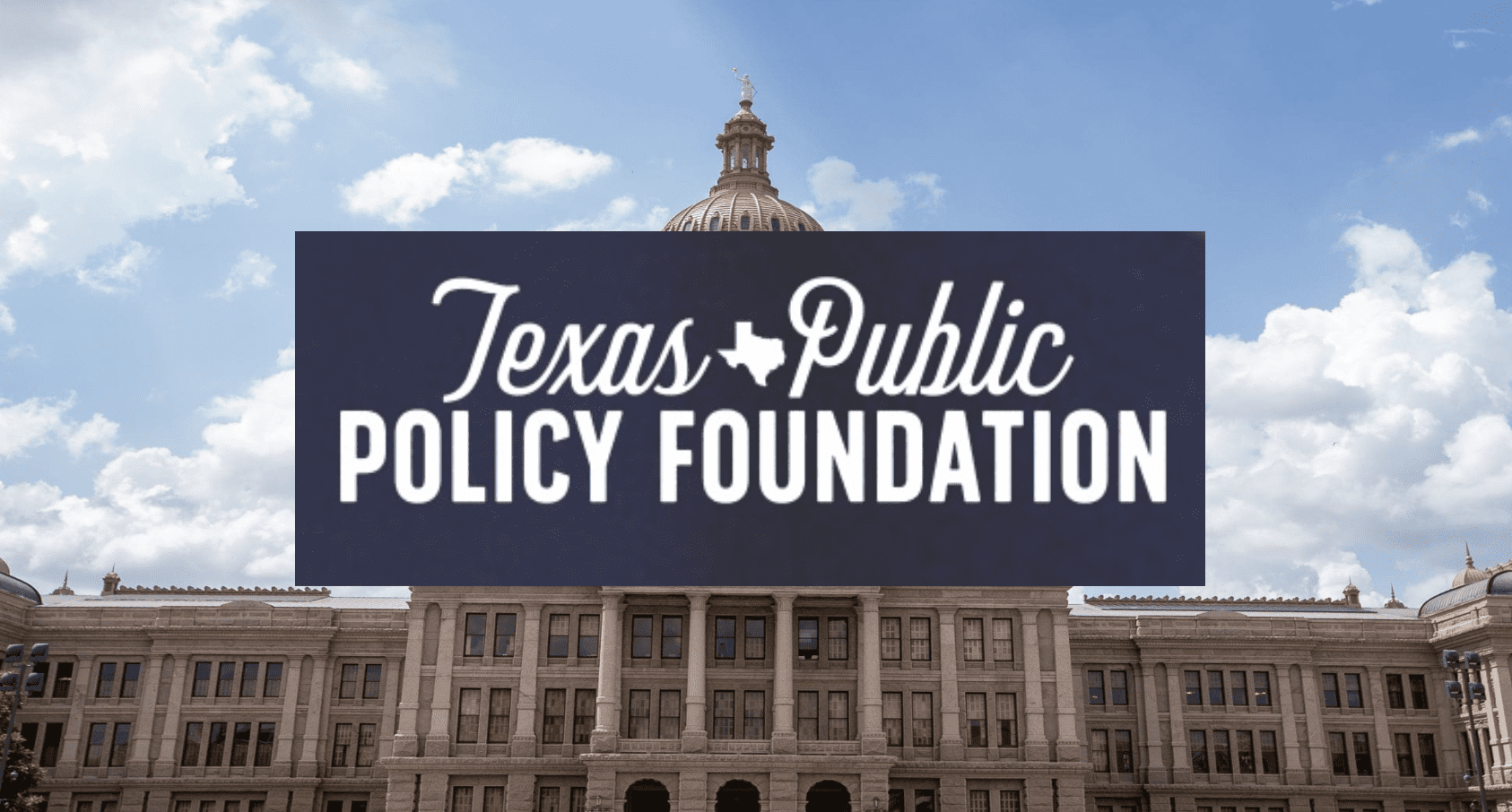How effective would your budget be if you controlled only 17% of your discretionary spending? Under the current legislative appropriations process, Texas lawmakers do just that.
|
It might seem puzzling to legislators or citizens who have the impression that budgets start at zero, but in practice, the Texas budget for discretionary funds starts at 83% spent.
General Revenue (GR) is the state’s main operating account for appropriations made to major state priorities. A portion of GR is dedicated for a specific purpose in numerous subaccounts–collectively, these are known as General Revenue-Dedicated funds or GR-D. The non-dedicated revenues of GR come mainly from state sales taxes and together GR and GR-D account for roughly half of the money appropriated biennially. GR is unique in that collection and appropriation of it has fewer conditions than other funding streams–meaning expenditures from GR are widely considered to be under the legislature’s discretion.
According to the Legislative Budget Board(LBB)—the state agency tasked with formulating the state budget document and evaluating state spending—an estimated 83% of the funds appropriated from GR of GR-D by the legislature will be spent for the implementation of existing law or court precedents, compliance with federal law, granted based on formulas, or have some other “restriction” making them untouchable to appropriators’ potential reductions.
While many reformers have sought to use the budget to influence policy, the reality of the state appropriations process is that policy influences the budget. Budget growth is a symptom of the broader problem of growing government—and a proxy for this is growth in legislation.
Nowhere is this more manifest than in the pre-filed legislation for the upcoming session. A common desire among every legislator is to pass into law the legislation they file—both as a part of their agenda and as a measure of their success. Whether they realize it or not, nearly every legislator seeks to grow government in some way.
With every new bill passed that does not explicitly abolish agencies, programs or state functions, the legislature grows government. Even if a budget were written that fails to fund these projects for one biennium, budget writers will simply ensure that defunded agencies are included in future appropriations drafts.
This is an important reform lesson for conservatives.
After all, the ostensible purpose of the state budget is to enforce state law, and it is impossible to seek truly long-term budget reductions without major, systemic reductions in the size and scope of state government. Stated more bluntly: conservatives must repeal unnecessary laws, not temporarily defund them.
Texas taxpayers deserve a state government that budgets as they do: within their means to pay for needed activities and functions. This means doing less with less; putting an end to cutting around the edges, and starting the process of cutting right through the middle.




